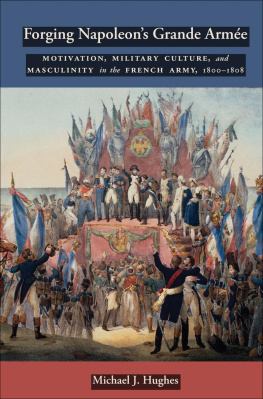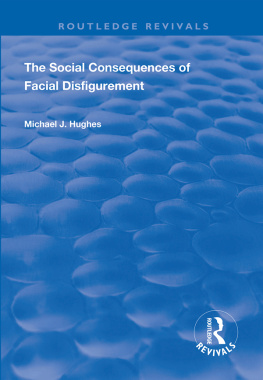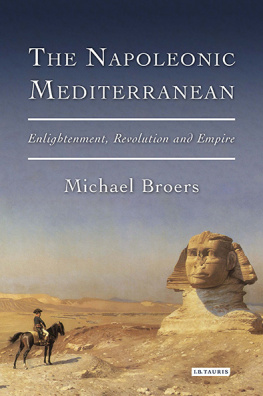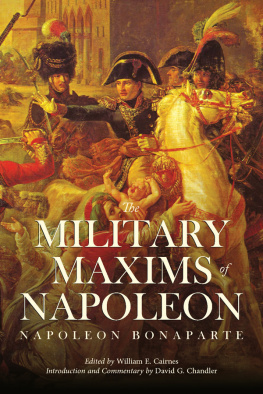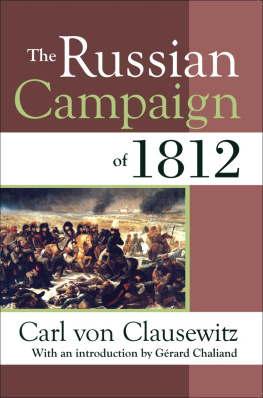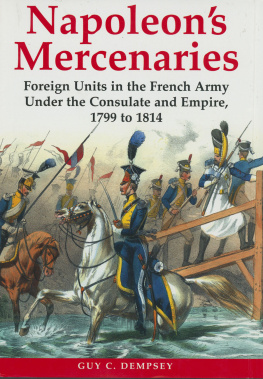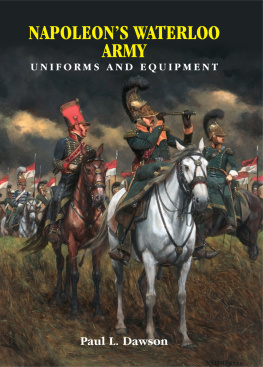Thank you for buying this ebook, published by NYU Press.
Sign up for our e-newsletters to receive information about forthcoming books, special discounts, and more!
Sign Up!
About NYU Press
A publisher of original scholarship since its founding in 1916, New York University Press Produces more than 100 new books each year, with a backlist of 3,000 titles in print. Working across the humanities and social sciences, NYU Press has award-winning lists in sociology, law, cultural and American studies, religion, American history, anthropology, politics, criminology, media and communication, literary studies, and psychology.
Forging Napoleons Grande Arme
WARFARE AND CULTURE SERIES
General Editor: Wayne E. Lee
A Rabble in Arms:
Massachusetts Towns and Militiamen during King Philips War
Kyle F. Zelner
Empires and Indigenes: Intercultural Alliance, Imperial Expansion, and Warfare in the Early Modern World
Edited by Wayne E. Lee
Warfare and Culture in World History
Edited by Wayne E. Lee
Rustic Warriors: Warfare and the Provincial Solider on the New England Frontier, 16891748
Steven C. Eames
Forging Napoleons Grand Arme: Motivation, Military Culture, and Masculinity in the French Army, 1800-1808
Michael J. Hughes
Under the Shadow of Napoleon: French Influence on the American Way of Warfare from the War of 1812 to the Outbreak of WWII
Michael A. Bonura
Forging Napoleons Grande Arme
Motivation, Military Culture, and Masculinity in the French Army, 18001808
Michael J. Hughes
NEW YORK UNIVERSITY PRESS
New York and London
www.nyupress.org
2012 by New York University
All rights reserved
References to Internet websites (URLs) were accurate at the time of writing.
Neither the author nor New York University Press is responsible for URLs
that may have expired or changed since the manuscript was prepared.
Library of Congress Cataloging-in-Publication Data
Hughes, Michael J., 1972-
Forging Napoleons Grande Arme : motivation, military culture, and masculinity in the
French army, 1800-1808 / Michael J. Hughes.
p. cm. (Warfare and culture series)
Includes bibliographical references and index.
ISBN 978-0-8147-3748-4 (cl : alk. paper)
ISBN 978-0-8147-0827-9 (ebook)
ISBN 978-0-8147-2411-8 (ebook)
1. France. Arme. Grande Arme History.
2. France. Arme. Grande Arme Military life.
3. Soldiers Attitudes France History 19th century.
4. Masculinity France History 19th century.
5. Military morale France History 19th century.
6. Sociology, Military France History 19th century.
7. Napoleon I, Emperor of the French, 1769-1821 Military leadership.
8. Napoleonic Wars, 1800-1815.
9. France History, Military 1789-1815. I. Title.
DC202.1.H84 2012
940.27420944 dc23
2011050070
New York University Press books are printed on acid-free paper, and their binding materials are chosen for strength and durability. We strive to use environmentally responsible suppliers and materials to the greatest extent possible in publishing our books.
Manufactured in the United States of America
10 9 8 7 6 5 4 3 2 1
This book is dedicated to three people.
First, I would like to dedicate it to Bill G. Kremper, a good Marine, a good man, and my beloved grandfather.
I would also like to dedicate it to my father, Joseph R. Hughes, who would have been so proud of me for writing this book if cancer had not taken him from us. I miss you, dad.
Lastly, I dedicate it to my amazing son, Gabriel Martin Hughes, who has his great-grandfathers cheerful disposition, his grandfathers inquisitiveness, and his fathers unconditional love.
Acknowledgments
This book has been more than a decade in the making, so there are many people to thank. I would like to begin with my friend and mentor John A. Lynn II. I owe John a debt of gratitude that I can never repay. Without him, neither this book nor my academic career would have been possible. John has always been willing to make time to help me in any manner that he could. He kindly agreed to read this book in its many incarnations and never failed to provide valuable advice that improved it considerably. I also particularly admire Johns magnanimity. This book begins by challenging the historical interpretation of military motivation under Napoleon formulated by John himself. Academics often have prickly egos, and most do not welcome critiques of their scholarship, including those advanced by their former graduate students. John, however, supported this project from beginning to end in every conceivable way, and showed a professionalism and a generosity that I try to emulate in my own career. Finally, I would like to thank him most of all for his humanity. When I found myself questioning my decision to pursue a Ph.D. in history, and experienced some personal losses late in my graduate career, John gave me the encouragement that I needed to continue, and had the patience and compassion to let me proceed at my own pace.
Next, I would like to thank Clare H. Crowston, who has had a profound impact on my development as a scholar. More than anyone else, she taught me the value of gender history, which transformed my original research project into a vastly different, and much better, book. The intellectual sophistication that Clare so effortlessly displays has also inspired me to follow her example in my own professional endeavors. In addition, I was fortunate enough to begin my career as a historian under the late Russell F. Weigley. From him, I learned the important lesson that war and combat are an integral part of military history.
Others provided crucial assistance by reading and critiquing different chapters in this book. I am especially thankful for the help of Alan Forrest, who aided me at different stages of this project, and Philip Dwyer, whose suggestions and generous support played a central role in its publication. This book has also benefited from the contributions of Jeremy Black, Sam A. Mustafa, Charles Esdaile, Kenneth M. Cuno, and Mark Grimsley. Furthermore, the knowledge and expertise of Frederick C. Schneid and Eman M. Vovsi proved essential for catching and correcting factual errors.
In France, I need to thank Jean-Paul Bertaud, who helped me to secure funding for my research and generously offered me his time, his contacts, and his knowledge of document collections in Paris. I am also grateful to Gilbert Bodinier, Bernard Gainot, Christian Schneider, Laurent Henninger, Jean-Marie Linsolas, and Chantal Lheureux-Prvot for their assistance with my research and for enriching my time in France. Moreover, this book could not have been written without the aid of the staff of the Archives de la guerre (which are now the Archives de larme de terre), or a Chateaubriand fellowship granted by the French Ministry of Foreign Affairs.
Closer to home, I am very appreciative of my wonderful colleagues in the History Department at Iona College. They spared me from teaching new courses and from administrative duties by shouldering these burdens themselves, and gave me the time that I, as a junior faculty member, so desperately needed to write this book. I must also say a special thanks to Ed Helmrich and the rest of the staff at Ryan Library, who tracked down any source that I needed. I was equally fortunate to work with extraordinary people at New York University Press. The series editor, Wayne E. Lee, has been a firm supporter of this project from the start, and gave me useful commentary on the manuscript that made this a stronger book. Above all, I would like to thank my editor, Deborah Gershenowitz. Ever cheerful, Debbie was always available to provide advice, information, and encouragement, and she made writing this book much easier. I am likewise grateful for the help of her pleasant and professional assistant, Gabrielle Begue.

